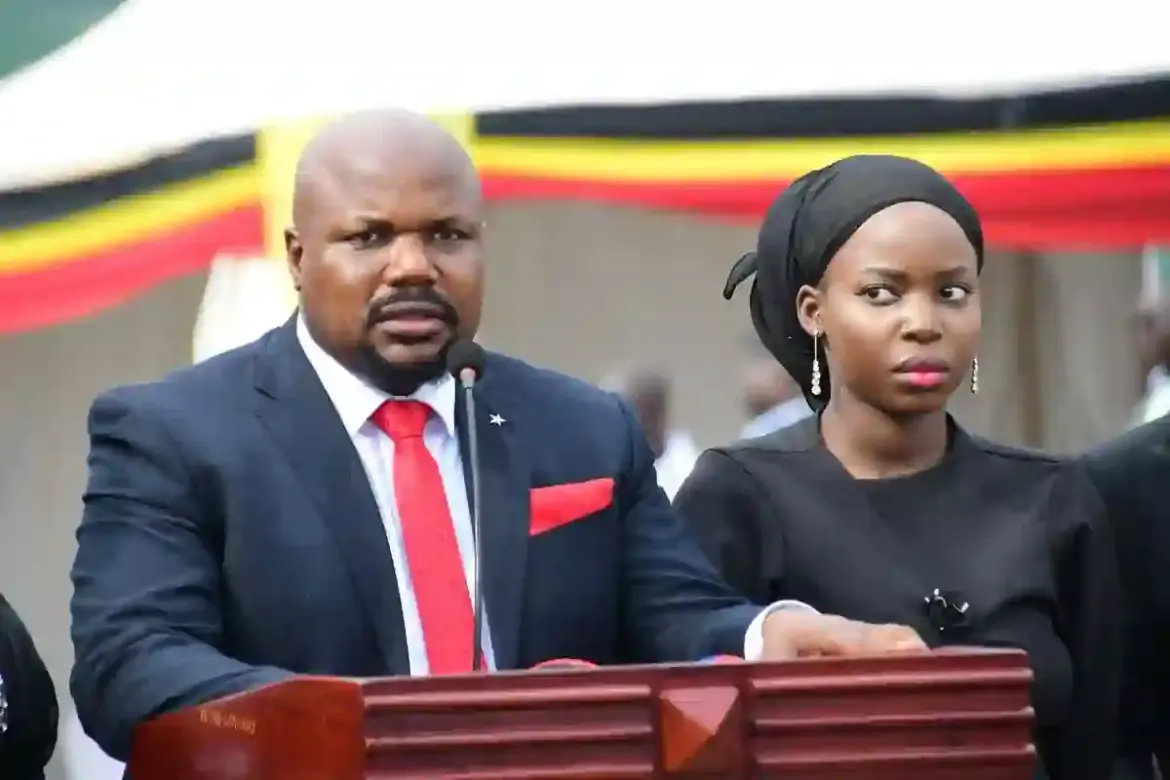Uganda’s election season is heating up, and one presidential candidate has caught attention with a bold — and controversial — language proposal.
Mubarak Munyagwa, leader of the Common Man’s Party (CMP), says he plans to scrap Swahili as a national language and replace it with French alongside English if he comes to power.
Why French and Not Swahili?
Speaking at a rally, Munyagwa argued that French would serve Uganda better in terms of regional connections.
He pointed out that many of Uganda’s neighbors, including Rwanda, Burundi, the Democratic Republic of Congo, Gabon, and the Central African Republic, already use French widely.
“We shall ban Swahili as our national language. We need French instead.
French has a wider coverage… We don’t need Swahili; we need English and French,” Munyagwa told supporters.
The Current Role of Swahili
His proposal comes just three years after Uganda officially adopted Swahili as its second national language in 2022, alongside English.
That move was designed to boost regional integration, especially within the East African Community (EAC), where Swahili is already widely spoken across Kenya, Tanzania, and parts of Uganda itself.
Elections on the Horizon
Uganda will hold its general elections on 12 January 2026, and Munyagwa is officially in the race.
After securing his nomination, he also pledged to restore the rule of law if elected.
A Tough Contest Ahead
Munyagwa’s campaign adds another layer of intrigue to what is already shaping up to be a dramatic election.
The contest is widely expected to pit long-serving President Yoweri Museveni, who has ruled since 1986, against opposition leader and former pop star Robert Kyagulanyi, better known as Bobi Wine.
Munyagwa’s unexpected language policy may not only spark debate but could also influence how voters view Uganda’s place within East Africa and beyond.
